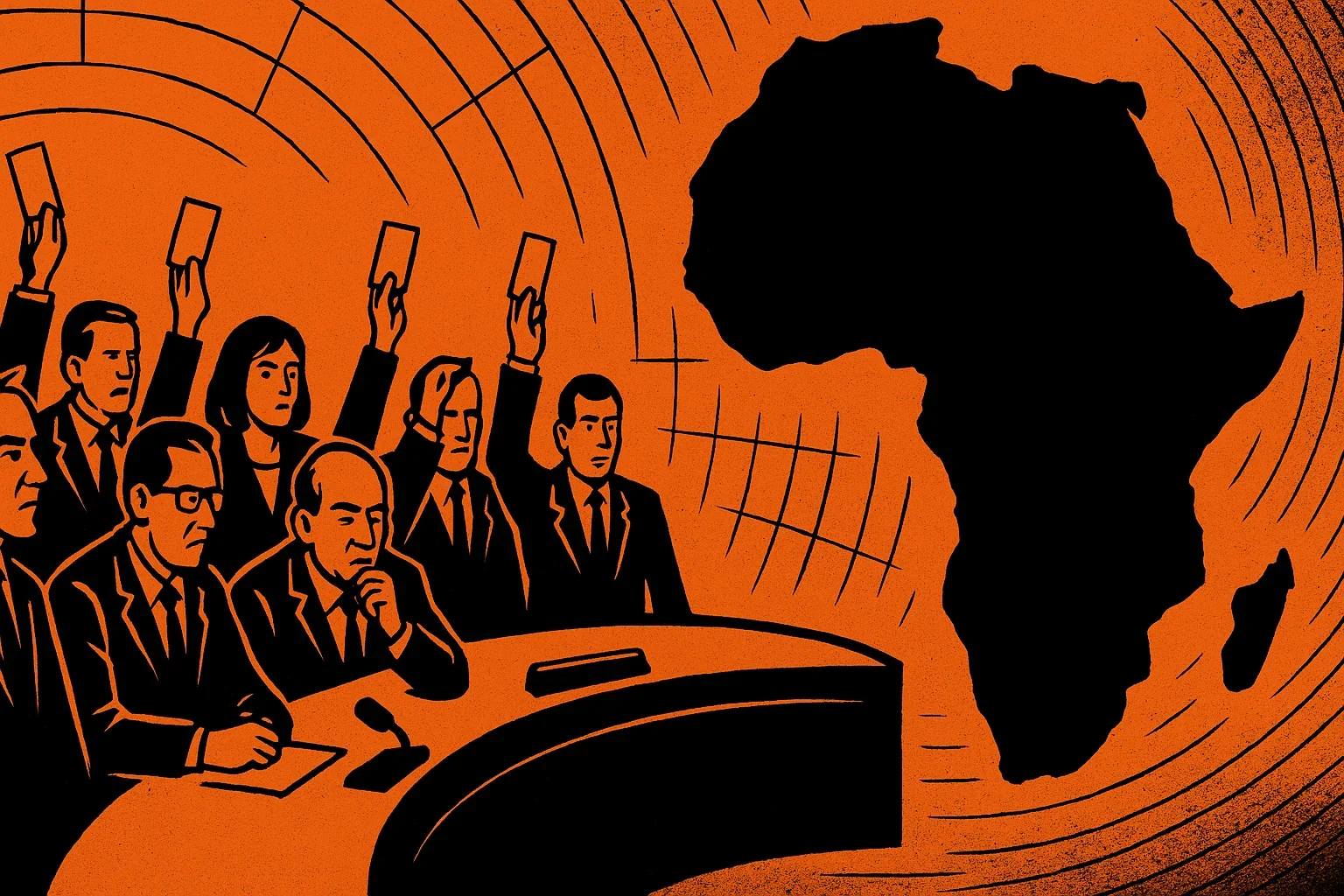Africa, which accounts for more than a quarter of UN membership and bears the lion's share of the burden of international peace and security, does not have a single permanent seat on the Security Council. Since the council's establishment in 1945, when most African countries were still colonies, the structure has remained frozen in an image that reflects the old balance of power between the victors of World War II.
Today, more than 70% of Security Council issues involve Africa, yet it is only allowed three non-permanent seats known as the A3 group. Worse, African files are managed by European pens, with France and Britain writing most of the resolutions on Mali, Libya and the Central African Republic, based on a colonial legacy that has not disappeared, only changed shape.
Despite the continent's attempts to regain its voice through a unified position known as the Ezulwini Consensus (2005), which demanded two permanent seats for Africa with veto power, the major powers are still maneuvering. The United States has declared its support for African representation but without a veto, France and Britain support the matter with similar conditions, while China and Russia show verbal support that lacks a practical commitment.
In 2019, the A3 countries succeeded for the first time in breaking the Council's deadlock and passing a unified statement on post-revolutionary Sudan, proving that African unity can have an impact when it sticks to a common position.
Even if Africa gets two permanent seats, the absence of a veto may make the change more symbolic than substantive. However, having two permanent African voices could strengthen the continent's representation on peace and development issues and pave the way for broader reform of the UN system itself.
Ultimately, Security Council reform is not only an African demand, but a test of the credibility of the international system in the 21st century. The exclusion of more than 54 countries and 1.5 billion people from global decision-making is no longer acceptable, not only morally, but practically, because world peace cannot be managed without the voice of the continent that constitutes its human and economic center of gravity.
To view the video and read the full analytical paper, please scroll down.
Security Council: When the world votes on Africa ... without Africa
When the world votes on Africa without you in the room... reform becomes not an option, but a necessity for the legitimacy of the new century.

Comments